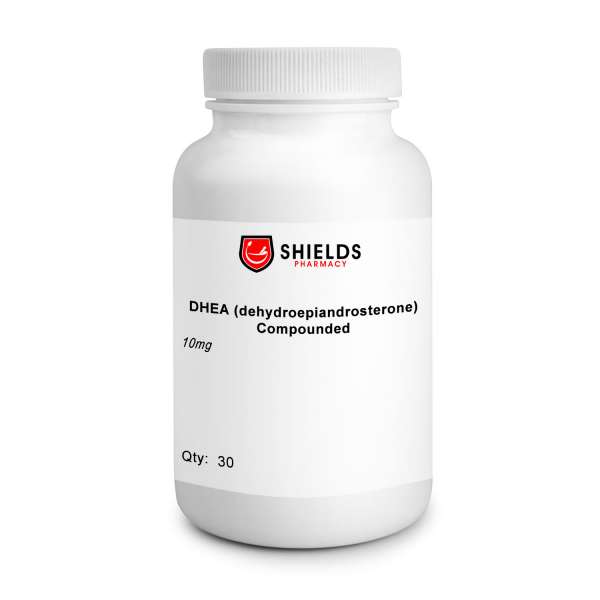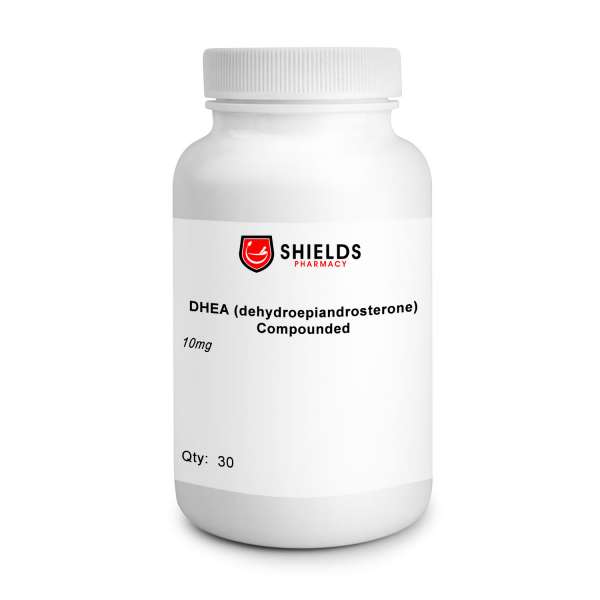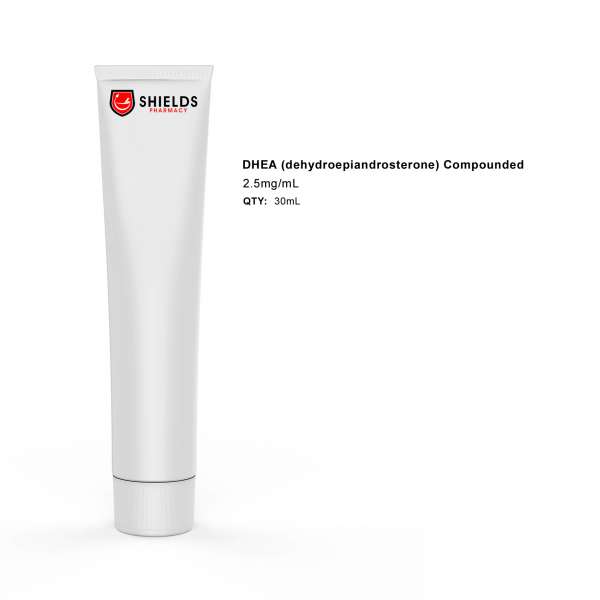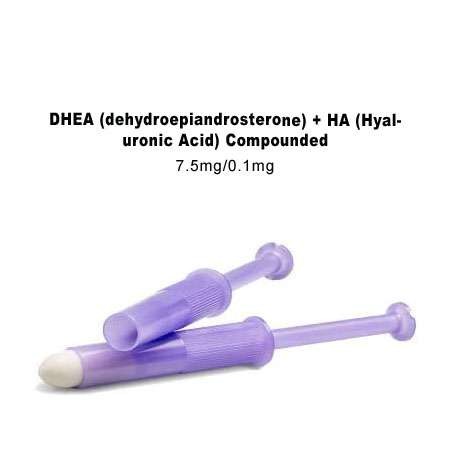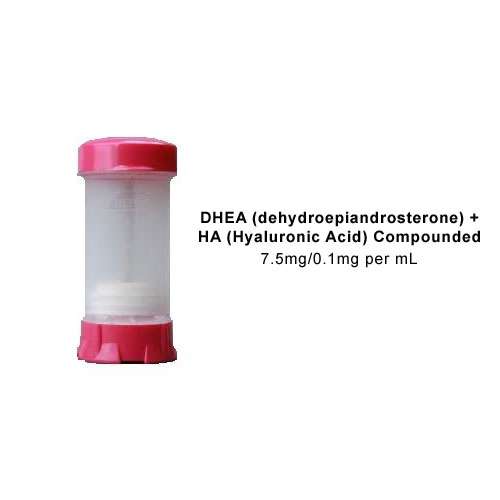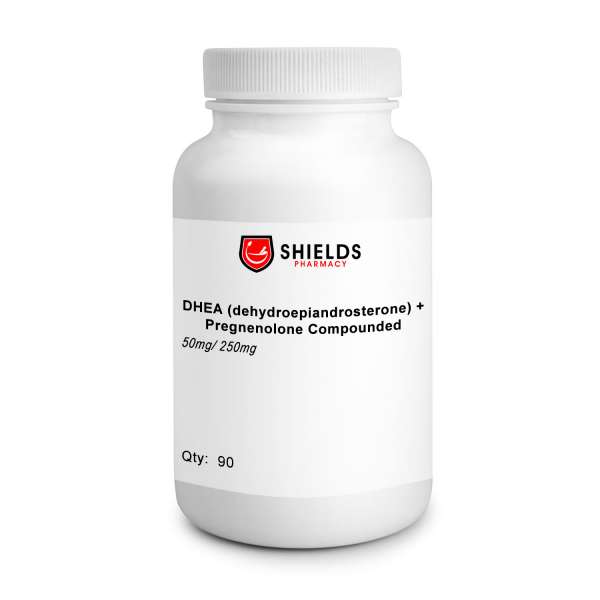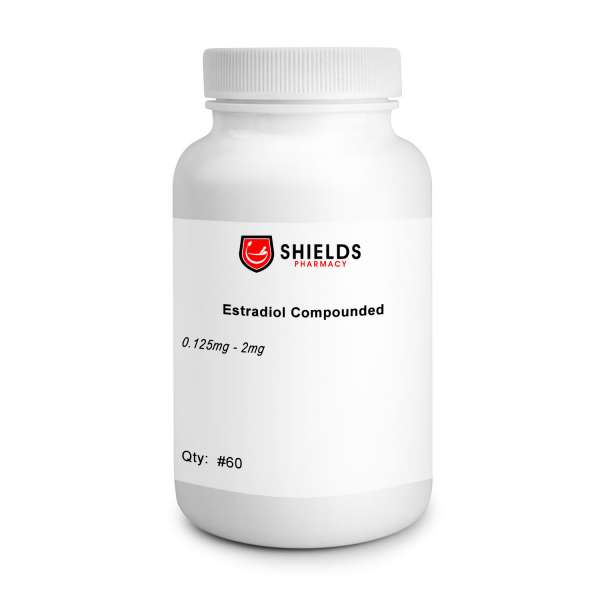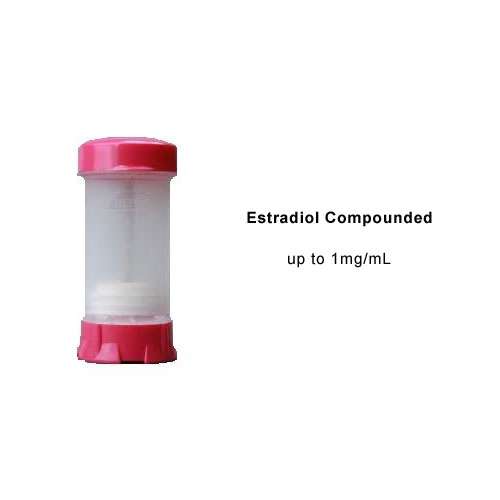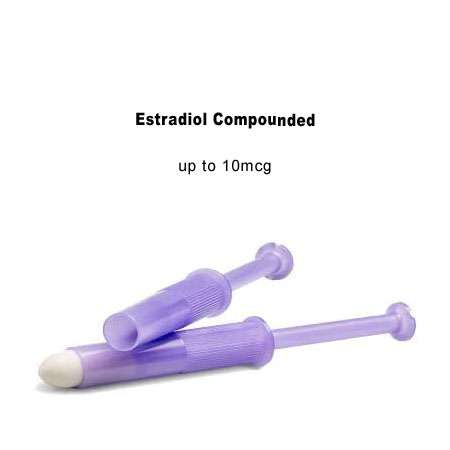Naltrexone (ultra low dose) Compounded - Capsule
Price: $0.00
Naltrexone
Naltrexone is indicated for the treatment of: alcohol dependence behavior modification, opioid dependence cessation programs, and rapid detoxification from opiate overdose.
It is a competitive antagonist of opioid drugs at the four opioid receptors throughout the entire body. However, this receptor...
Mail in my prescription
2196 Main St. Suite A Dunedin, FL 34698
Fax in my Prescription
Direct faxes to (727) 648 2695
Contact Shields Pharmacy to reach out to your Prescriber
Transfer my Prescription
Description
Naltrexone
Naltrexone is indicated for the treatment of: alcohol dependence behavior modification, opioid dependence cessation programs, and rapid detoxification from opiate overdose.
It is a competitive antagonist of opioid drugs at the four opioid receptors throughout the entire body. However, this receptor group didn’t originally evolve for the opioid class of drugs, but for our natural endorphins and other molecules that would have both excitatory and inhibitory activities. The four opioid receptor types appear in many kinds of cells and have differing activity in each type. It has been suggested that many of these receptors were involved in behavior patterning activity in the central nervous system (CNS).
Where it becomes interesting is the ability of naltrexone to interact not only with the immune cells and the opioid receptors, but also the Toll-Like-Receptor 4 complex (TLR-4). This receptor complex is found throughout the body and, most interestingly, in the CNS. The TLR-4 interacts with multiple types of molecules in a receptor field, thus effecting not only genomic activity, but intracellular and membrane response.
Research into the interaction of naltrexone with TLR-4 has allowed for the novel use of naltrexone as adjunct therapy for depression, chronic neuropathic pain and gambling behavior modification. Additionally, it is now thought to be the mechanism of action to downregulate inflammation in the brain, leading to use for patients with autism and patients with chronic neuropathic pain hypersensitivity.
The TLR-4 receptors are also found in immune cells throughout the peripheral tissue, allowing for immunomodulation, impacting multiple immune mediated disease states, including:
- Fibromyalgia
- HIV
- Ulcerative Colitis
- Cancer
- Irritable Bowel Syndrome (IBS)
- Itch
- Multiple sclerosis (MS)
- All auto-immune diseases
Because of these immunomodulatory effects, it is being looked at for arthritis sufferers. It also has a profound effect on both wound healing (positive) and scar formation (preventing hypertrophy). Finally, it has been found to have a positive impact on itch, as well as psoriasis and eczema.

